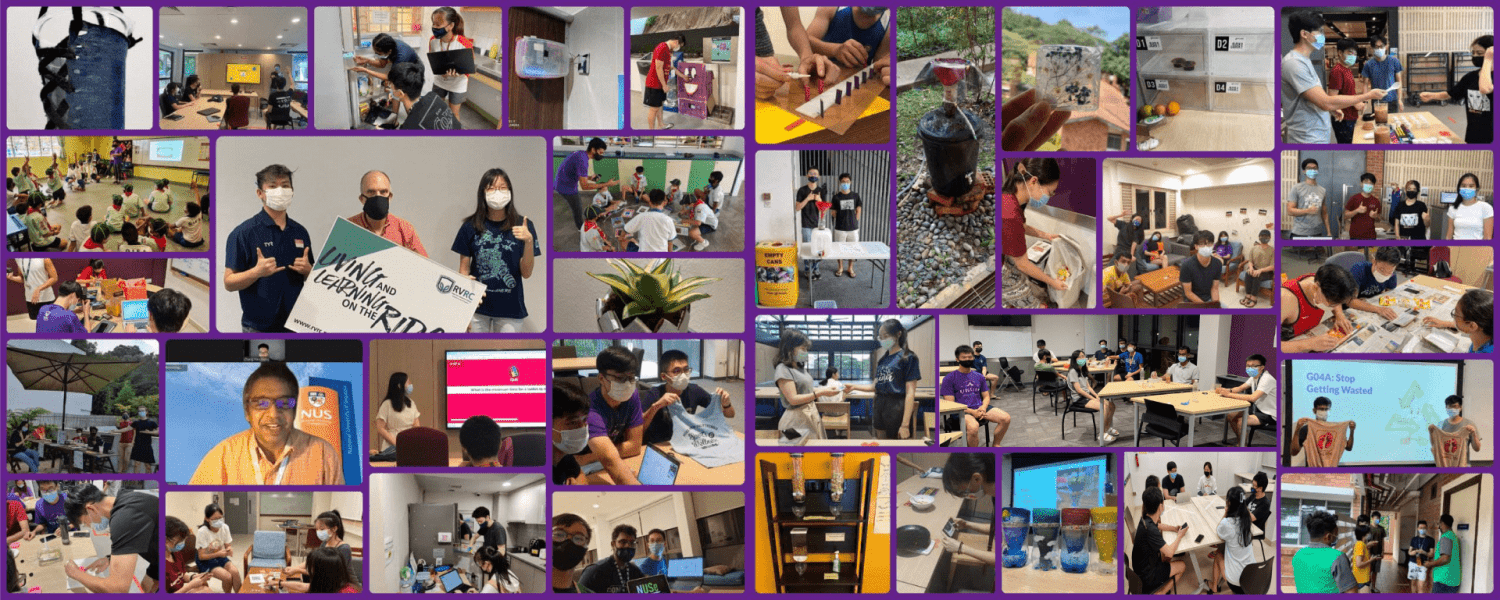Ang Wei Heng Kendrick, Sadia Batcha Mohamed Kamaldeen,Teo Wei Zhou, Weong Ee Shuen Natasha
Academic Advisor: Ms. Sadaf Ansari
Fifty percent of bacterial infections in Singaporean patients have become resistant to frontline antibacterial therapies. This is explained by the Antimicrobial Resistance (AMR) phenomenon or the evolution of ‘superbugs’. One of the main reasons for this is patients’ failure to complete the prescribed antibiotics. We found that this is due to a multitude of reasons, but we seek to focus on the one we find most urgent and prospective: forgetfulness. To ensure the sustainability of existing antibiotic treatments, we designed and fabricated a modified and personalized pill dispenser called “SmartPill” containing features to minimize incompletion of antibiotics due to forgetfulness.
We focused on a primary target audience of the Singaporean elderly (>65 years of age) as they account for the greatest proportion of antibiotic consumers of all age groups in Singapore. The key features of SmartPill include portability, visual aids, color, and reminders. The SmartPill’s universal 3D-printed design also allows it to be a phone case built for all phone sizes as it is aimed to be on-person throughout a prescribed course of antibiotics. Its features also help it stand out and serve as an active reminder to reduce incomplete antibiotic consumption due to forgetfulness. We conducted qualitative surveys with pharmacists and doctors at NUH and workshops to test our hypothesis that forgetfulness was the main cause of antibiotic misuse. Our pilot examined the elderly’s use and perception of the SmartPill dispenser over a few weeks of use. Our results found our target group to be strongly receptive to the use of our prototype.
Keywords: Responsible Consumption
